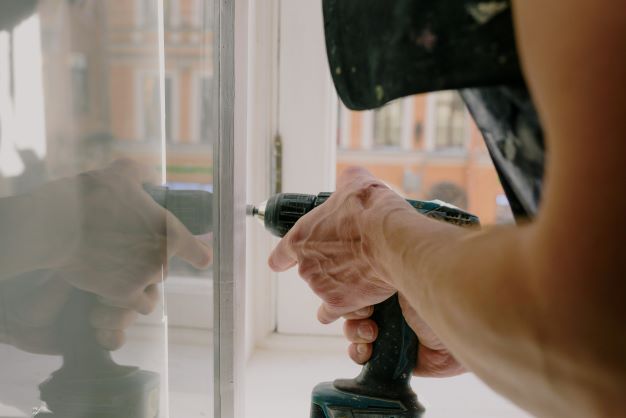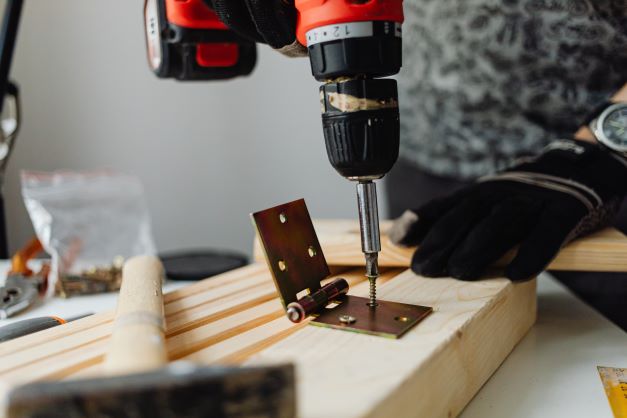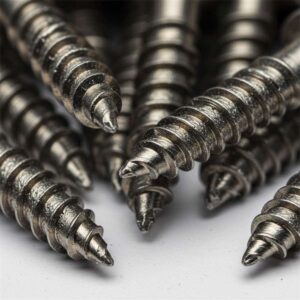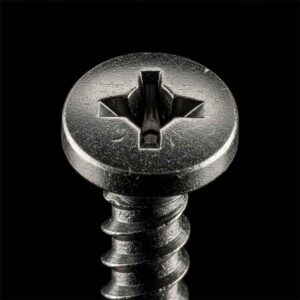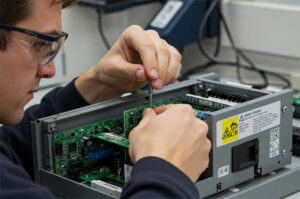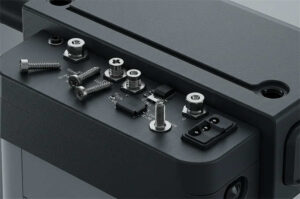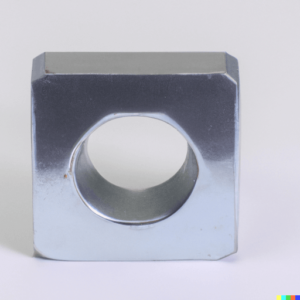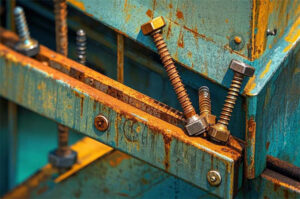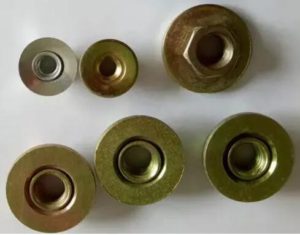Know the Deck Screws | Advanced Fasteners
Advancement in technology has exceeded the traditional ways of fastening through the innovation of different configurations in screws. The usual pre-drilling on surface material has been now eradicated with the use of self-tapping screws and their different variations. Deck screws are one of the best examples of newly fabricated advanced screws.
When needing a perfect fastener device for your decking projects it is vital to choose the accurate specification for the safety and effectiveness of the assembly. Here we will look at the definition and difference between deck screws from wood screws.
What Are Deck Screws?
As their name implies, deck screws are designed to fit in decking applications. These screws work at ease on timber and composite materials because of their several features and characteristics. The extra-pointy tips of deck screws allow them to penetrate solid surfaces easily. While they also feature a strong and durable structure.
Deck screws are also known for their coated surface that allows the joint assembly to withstand harsh environmental conditions and extreme resistance to rust and corrosion.
How to Choose Decking Screws?
Just like the common ways of fastening, choosing the right deck screws comes primarily when you have to deal with decking. But what are the determining features of the best fastener in decking? Let’s know the things to consider that affect the accuracy and effectiveness of deck screws.
Material and Coating
The material of fasteners is distinguished before its manufacturing, but the types are surely defined up to their consecutive function and features. The most appropriate material for decking screws would also depend on the type of surface. Stainless steel deck screws are perfect for rust-free and light decking. While other materials like alloy and carbon steel can also provide corrosion resistance.
The coating is considered one of the final methods in the manufacturing of fasteners. This process adds an extra layer of protectiveness to the surface of fasteners. The coating will enable a high chance of withstanding thermal and environmental conditions.
Head Style
There are two known categories of head style, countersinking, and non-countersunk head. Typically there are more sub-types to head styles that propose different functions in the settlement of screws. Before choosing the right type you should consider which one is best suitable for the project. The most common head types on deck screws are the namely flat head, trim head, truss head, hex head, and round head.
Read Here: How to Choose the Right Type of Screw Head
What’s the Difference Between a Countersunk and a Non-countersunk Screw Head?
Thread
Threads are inevitable for the speed and stability of screws in an application. They can either damage the materials and the fastener itself when chosen wrong or benefit the assembly if implied properly.
Usually, the threads on deck screws are coarse to provide ease when driven at normal pressure even in types of timber.
Size or Length
Deck screws have a standard length that ranges from 1 1/2 to 6 inches. Some fastener manufacturers can produce custom lengths or sizes on deck screws depending on the demand.
The length of the deck screws should secure the two materials fastened together without protruding on the other side. So it’s best to measure the thickness of the deck boards before deciding on the final size of deck screws to purchase.
Deck Screws vs. Wood Screws
Wood screws are normally compared to most types of screws that are widely used in applications concerning wood materials. Since they are known for their efficient functionality in wood projects, it’s usually debated how effective can they be in other types of applications especially in heavy-duty or even decking.
What is the difference between wood screws from deck screws? The most obvious and easy answer would be their length size. Deck screws are longer than wood screws since they have to match the thickness of the material application. They also have different thread forms, standard wood screws have fine threads and narrow spaces between each thread while deck screws have coarse threading. All the distinct features of screws can be designated through size, head style, drive type, and material.
All the basic knowledge in this article is to help many individuals that are still confused about how to choose the right fastener. For every fastening need and question, our company has the capabilities to provide reliable service and products.
Contact us today for information and high-quality fasteners.
